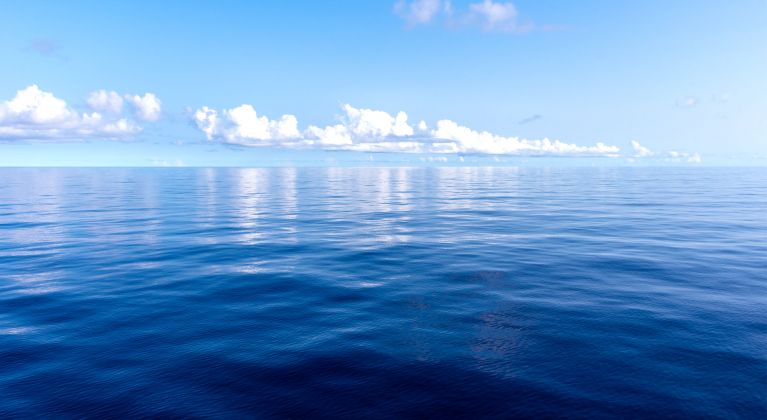
Advice on towage
- Home
- Latest updates
- News
- Advice on towage
The Club is often approached for advice regarding non-customary towage, ocean towage and associated towing surveys - also known as towage warranty/Fitness to Tow.
In this article, we define non-customary towage, ocean towage, requirements of Fitness to Tow assignments and outline the purpose of associated surveys.
Non-customary towage – a definition
It is firstly helpful to establish what customary towage is. This is defined in Rule 2 Section 10A of the Club Rules being when an insured vessel requires the service of tug(s) for the purpose of entering or leaving a port or manoeuvring within the port during the vessel’s ordinary course of trading or the towage of vessels, such as barges, that are habitually towed in the ordinary course of their trading from port to port or from place to place. Non-customary towage therefore is all other towage such as when a vessel requires the urgent assistance of a tug due to machinery failure or when a vessel is being towed to a ship yard for repair, rather than under own power.
Ocean Towage
Ocean towage is any towing operation (customary or non-customary) where the distance of the voyage or the distance between designated ports of refuge or safe anchorage points along the route are in excess of 24 hours (taking weather conditions into accounts).
Contractual terms
When an insured vessel has to contract towage services, and these are described as non-customary (see definition above), it is important to ensure that the contract of towage is submitted in advance to the Club for approval. Traditional forms of towage such as Bimco Towcon/Tow hire are generally acceptable but we need to ensure that the indemnities contained within the contract are acceptable and then cover can be confirmed in writing for the period of the tow.
Prior agreement from the Club
Despite a contract being acceptable, dependent upon the vessels condition/nature of the tow etc, the Club may require a Fitness to Tow survey to be carried out by an approved surveyor to evaluate all the risks associated with the towage operation.
Fitness to Tow
Fitness to Tow assignments must be carried out by an experienced and independent surveyor; the onus is on the Member to make sure this is executed prior to the departure. The scope of the survey will depend on the nature of the towing operation and often it may be combined with a Hull & Machinery or the cargo insurer’s survey.
Purpose of survey
The survey is to establish if the towage arrangements, including the suitability of the towing vessel or tug/s, the towed unit/s and any cargo on board, are fit for the intended voyage. A typical fitness for tow survey includes:
- Satisfactory evaluation of the stability of tug and tow and lashing arrangements of any cargo on the towed vessel.
- Verification of the approved towage plan including:
- Assessment of the size and type of vessels or barges to be towed and any limitations of the tow.
- Confirmation that the tug is of suitable; size, manning, sea-keeping, horse power (HP) and bollard pull (BP).
- Satisfactory condition of the tug and tow.
- Towing winch, tow wire (including spare) and towing equipment is suitable for the planned tow.
- Cargo stowage and lashing arrangements as applicable in case of being laden.
- Route to be taken and intended passage planned, including safe transit times (day/night transits), times when passing through narrows, under bridges or areas of high traffic density, tight bends in rivers and adjacent river berths, adjustments to length of tow during various legs of the voyage, noting areas of reduced depth, tidal limitations and currents expected during the voyage.
- A list of bridges with maximum and minimum height; tide height for each arch to be passed under showing the bridge’s maximum air-drafts.
- Weather forecasts including outlook for at least 48 hours.
- Confirmation of sufficient fuel, water and spares on board.
- Navigational information and warnings.
- Availability of appropriate navigational lights and shapes.
- Recommended speeds to comply with river regulations.
- Connection and disconnection arrangements.
- Stability of the tug and towed unit.
- Emergency contingency plans including emergency towing arrangements.
In the event that such non-customary towage is contemplated please advise your broker and liaise with the Club who will be happy to assist.
The Shipowners’ Club have a specialist Loss Prevention team that are engaged in the annual inspection of many entered vessels each year and also assisting Members in reducing their exposure to claims through innovative loss prevention initiatives. The Loss Prevention department have produced a booklet offering guidance on Tugs and Tows, as well as a poster detailing emergency towing arrangements for barges.
All enquiries concerning ship inspections can be made by emailing surveys@shipownersclub.com.

